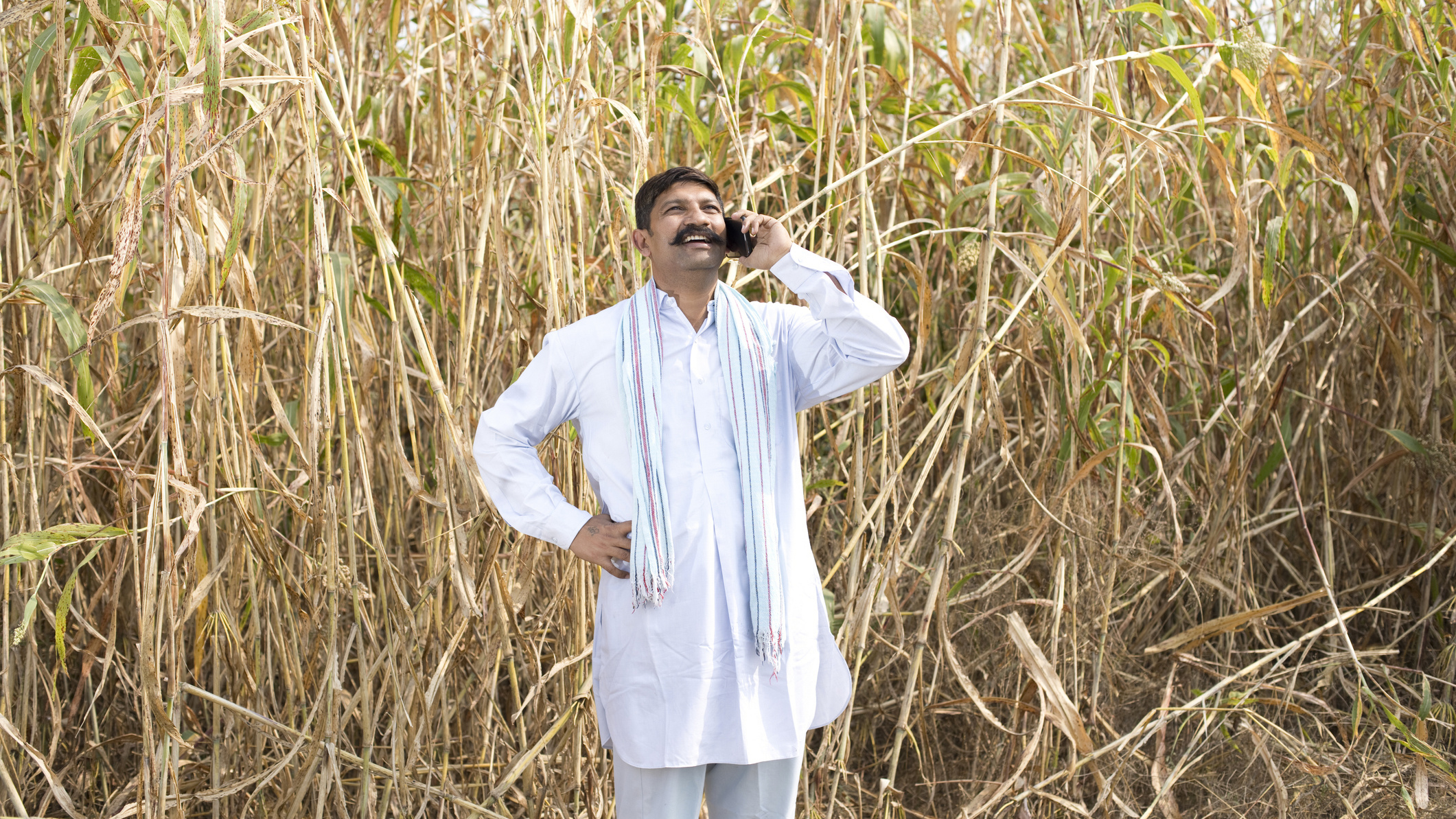Banyantree says HDFC is one India’s largest banks and will benefit from growing demand for financial services
Varun Beverages is one of the largest franchisee bottlers of PepsiCo in the world with a dominant position in India
Findi provides investors with exposure to key growth trends in India including increasing demand for financial services
Banyantree Investment Group investment manager and director Zach Riaz is bullish on India, telling us in part one of this series that the emerging market has just hit that US$2000 GDP per capita mark.
“When China started to invite companies to take up the country’s manufacturing capabilities in 2006 that’s when its GDP per capita exceeded the US$2000 mark,” Riaz says.
“That’s when China started having internal consumption growth, middle, rural and obviously upper class growth and broad-based prosperity throughout the economy that led to where it is today.
“India is where China was in 2006.”
In part two Riaz gives his top three stock picks for India, including an Indian large cap, another Indian listed company which is on a robust growth trajectory and an ASX-listed company with strong ties to India.
He says India can be a bit of a tricky market for individual retail investors to access. The country has multiple stock exchanges that have received recognition from the Securities and Exchange Board of India (SEBI), the regulatory authority for the country’s securities markets.
Of these, the National Stock Exchange of India Limited (NSE) and the BSE (formerly Bombay Stock Exchange) are the most well-known. The NSE is India’s largest exchange, while the BSE is its oldest.
“India is a very hard market to get to as an individual investor because you need licenses and so on,” Riaz says.
However, he says it is starting to open up more with different platforms offering investing in the country including Banyantree’s client Laverne Investing, for which they provide research and investment services.
HDFC Bank
According to its website, HDFC Ltd is a pioneer in India’s financial sector, receiving initial approval from the Reserve Bank of India (RBI) in 1994 to establish a private sector bank, aligning with the central bank’s banking industry liberalisation policy.
HDFC Bank began as a scheduled commercial bank in January 1995. On April 4, 2022, a significant merger took place between HDFC Ltd, a leader in housing finance, and HDFC Bank, which had become India’s largest private sector bank.
By December 31, 2023, HDFC Bank’s network included 8,086 branches and 20,688 ATMs across 3,836 cities, incorporating HDFC Ltd’s 737 outlets. Internationally, the bank operates in four countries and has three representative offices, catering to non-resident Indians and persons of Indian origin segments with home loan products.
“HDFC is one of the largest banks in India and will benefit from the growing demand for financial services plus increasing wealth in urban, semi-rural and rural areas,” Riaz says.
“In our view the bank can deliver steady low double digit earnings growth over the medium term.”
He says banking and financial services will be increasingly needed as more people come from the underground to above ground economy, getting their own bank accounts and becoming well versed on ecommerce and digital payment systems.
“The Indian Government wants more people to have bank accounts as a matter of ensuring people are paying the right taxes and moving away from the black economy,” he says.
“Even employers are now being told to pay people into their bank accounts.”
He says there is a big push for equality in the Indian Government right now and financial independence for not just the top 20% to 30% but lower income earners and rural areas.
HDFC shares are listed on both BSE and NSE. Additionally, the bank’s American Depository Shares (ADS) are traded on the New York Stock Exchange (NYSE) under the ticker HDB.
Varun Beverages Limited
Riaz says Varun Beverages Limited (VBL) is one of the largest franchisee bottlers of PepsiCo beverages in the world with a dominant position in India and six other emerging markets including Morocco, Nepal, Zambia.
“VBL has exclusive rights to manufacture and distribute household brands like Pepsi, Gatorade, Mountain Dew, Mirinda, Tropicana, Aquafina and is currently working on several new dairy based drinks,” Riaz says.
He says VBL’s partnership with Pepsi is 31-years-old with the current agreement to go until 2039 and now expanding to newer markets.
“Varun Beverages is the type of company you should be looking at to play the Indian growth story with double digit topline growth, double digit earnings growth, high margins and EBITDA of 22%,” he says.
“They cover about 92% of the Indian market and the important point is they are looking to expand with their drivers for growth in 2024 and beyond expansion of distribution to rural India.”
Riaz says VBL is highly linked to the macro-economic conditions in India and other emerging markets, especially credit cycle, personal disposable income, farm incomes as well as overall economic growth.
He says refrigeration capacity in rural India is growing at 12% CAGR, which is a key factor in increasing non-alcoholic beverage consumption.
“Nearly 80% of the people who sell beverages in India are what they term unorganised guys who sell bottles on their back or with a donkey cart putting together a store on the corner,” he says.
“That is a massive growth driver for Varun who have introduced refrigeration, better shop fronts and more organised shops which will be a tailwind alone.”
VBL is listed on the NSE and BSE.
Findi (ASX:FND)
Riaz says the ASX-listed Indian-focused fintech provides investors an attractive exposure to key growth trends in India including increasing demand for financial services, increasing wealth in the lower to middle Indian class, structural growth in digital payments and the ongoing strength in India’s cash economy.
“FND’s management has structured the business in such a way to create a circular economy which gives FND exposure to both the current vibrant cash economy via ATMs and the structural growth in digital payments via FindiPay,” he says.
Riaz says the importance of this strategic master stroke means FND is well funded and delivers positive operating earnings (EBITDA).
“Investors, in particular Western investors, need to fully appreciate the regional and cultural nuances at play in India to grasp why FND’s strategic two-pronged approach sets FND up for long-term success in our view,” he says.
The FND share price today:
The views, information, or opinions expressed in the interview in this article are solely those of the interviewee and do not represent the views of Stockhead. Stockhead has not provided, endorsed or otherwise assumed responsibility for any financial product advice contained in this article.
The post ‘India is where China was in 2006’ – Here are Banyantree’s top three India-focused stocks appeared first on Stockhead.























+ There are no comments
Add yours